Urban Studies
Since its inception, Care Earth Trust has played a crucial role in advancing urban studies in Chennai. The profound understanding of urban biodiversity and ecology has significantly contributed to the successful execution of projects focused on urban greening strategies and conservation efforts in the city
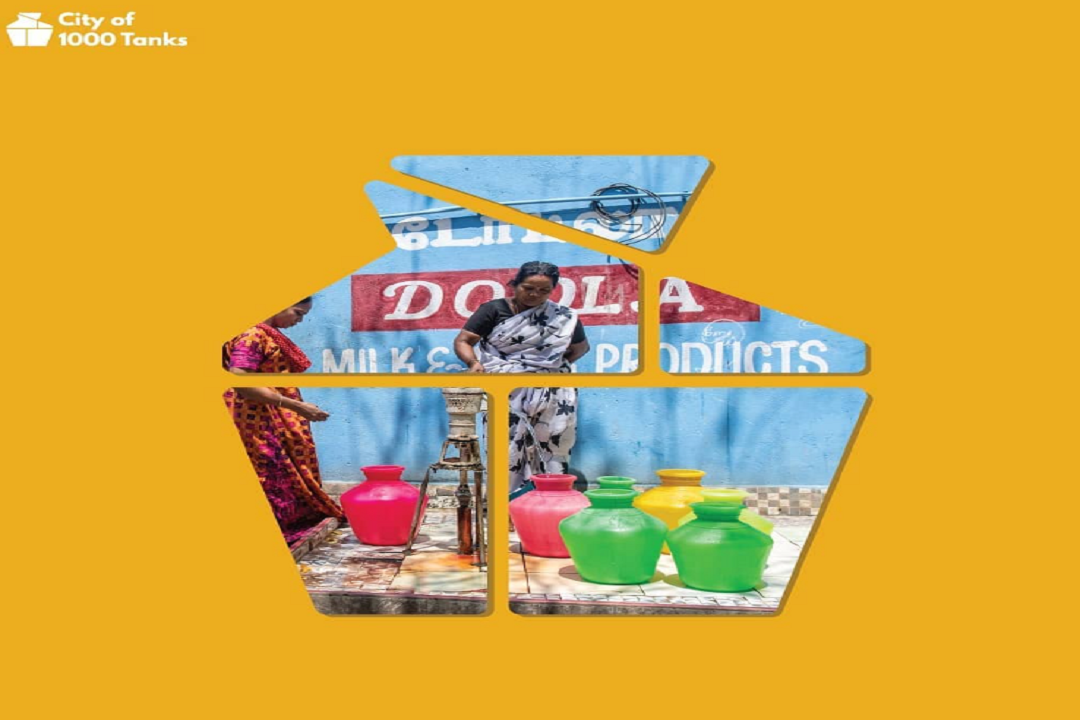
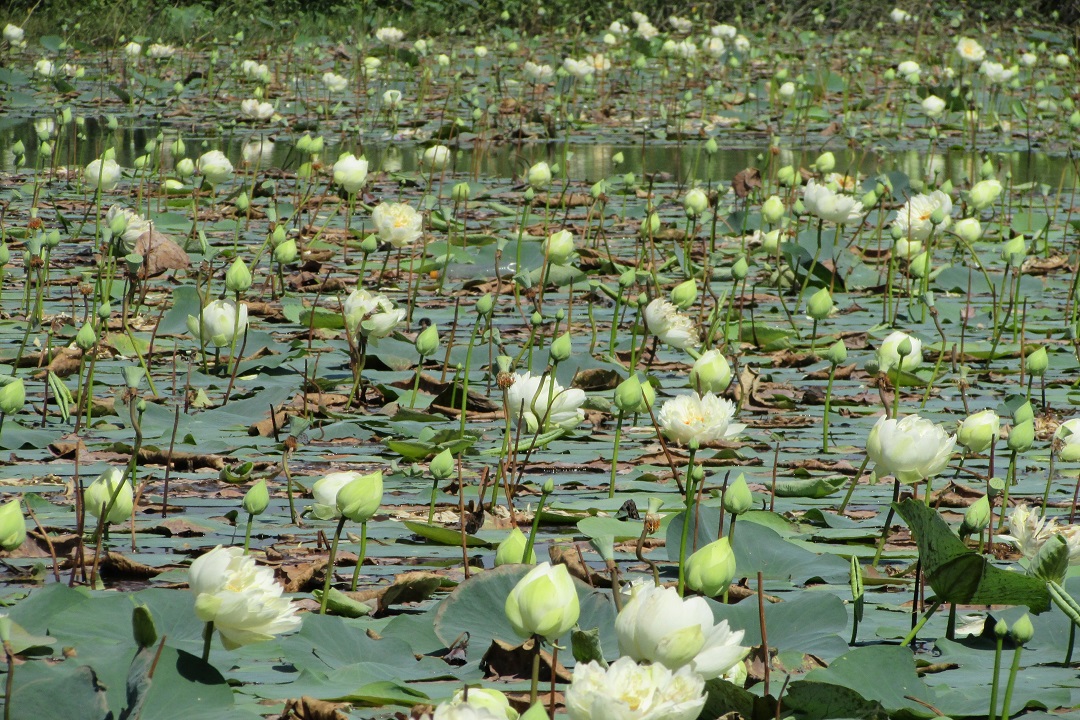
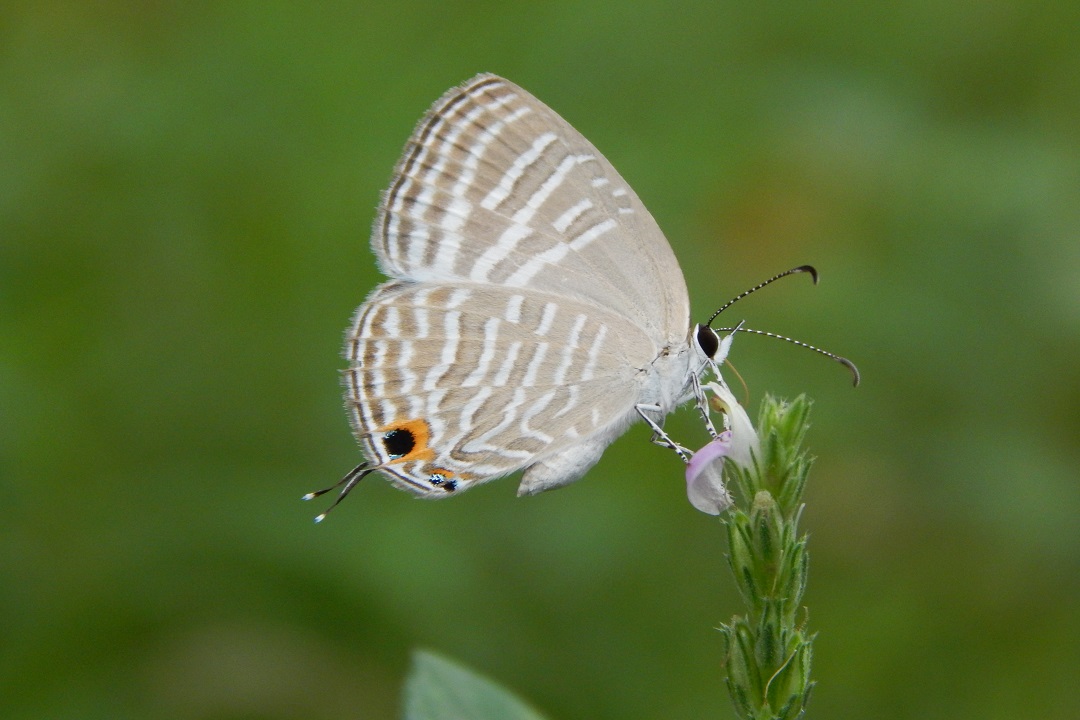
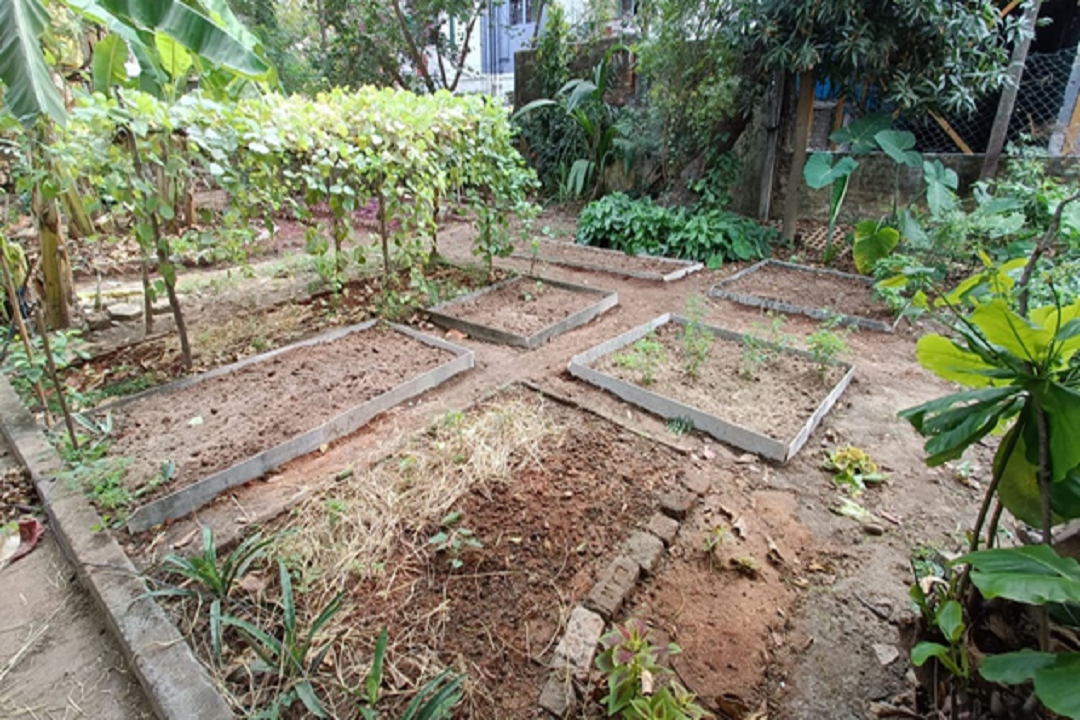
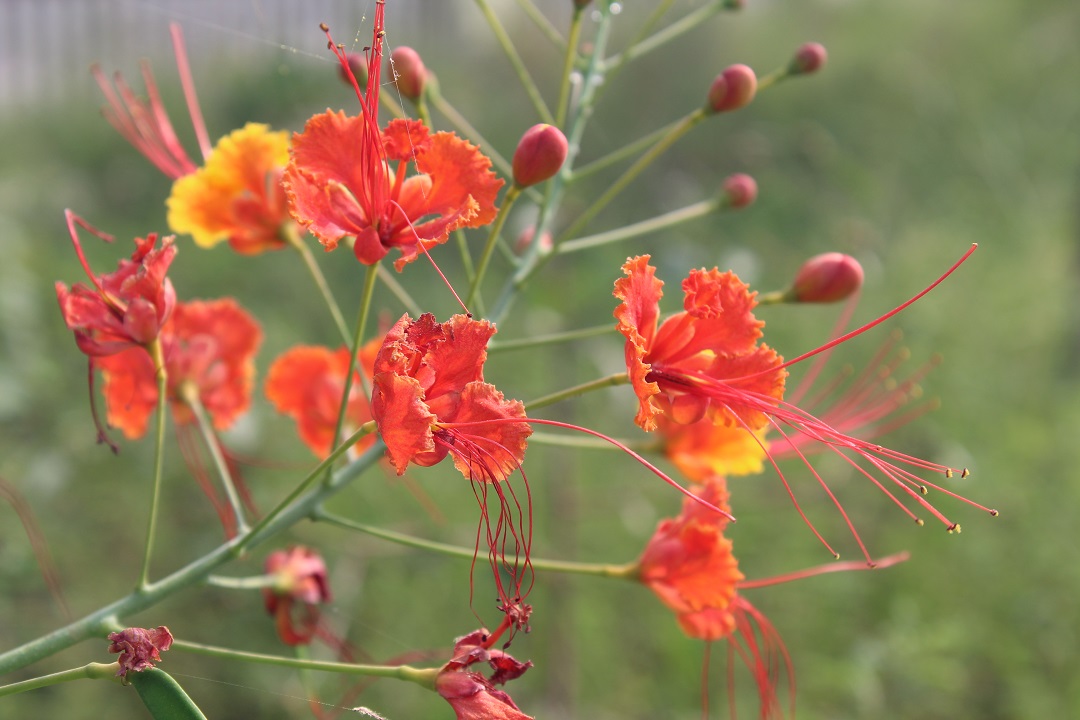
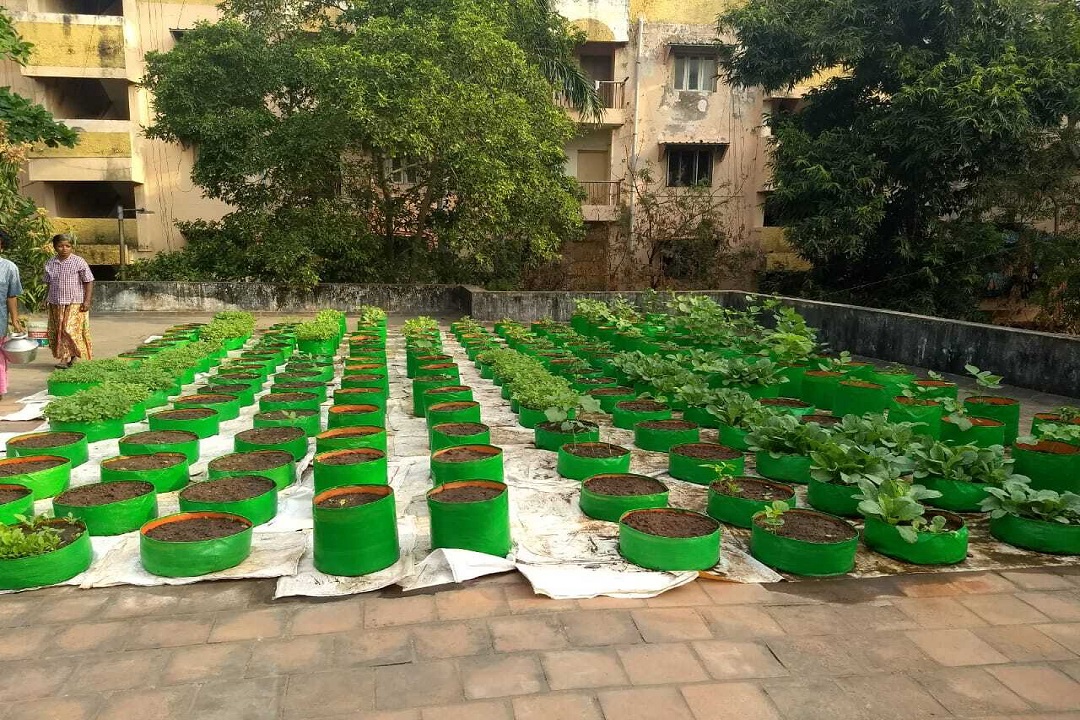
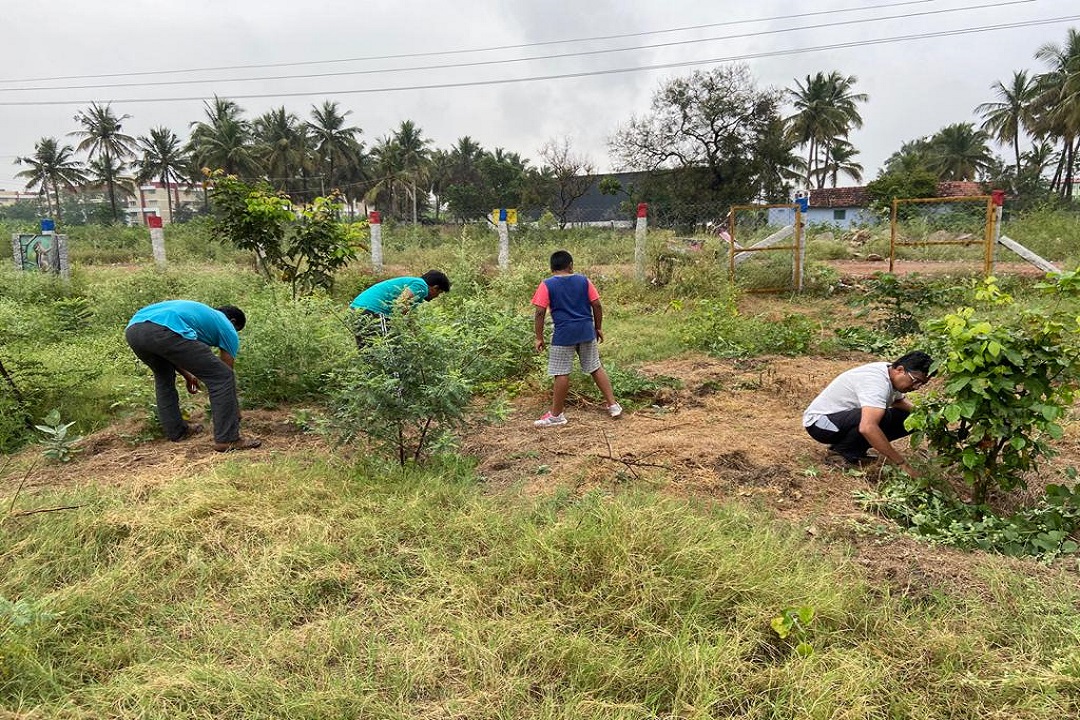
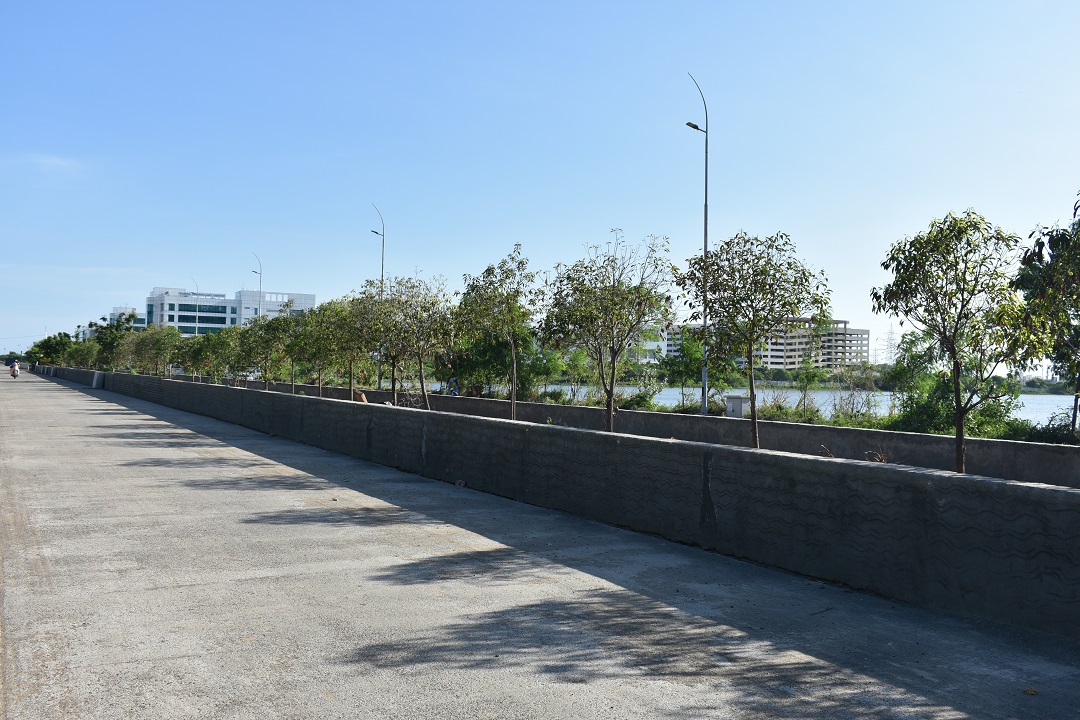
Water as Leverage for Resilient Cities Asia (WaL) is an initiative of the Netherlands Government to bridge innovative financing, inclusive design, and government collaboration in the development and implementation of projects that mitigate the impacts and adapt to the effects of climate change. Care Earth is a part of the two WaL consortium projects in Chennai - the City of 1000 Tanks and Rise Chennai
As part of the City of 1000 Tanks project, a water balance pilot has been executed at the Little Flower Convent - you can view a glimpse into the project here
In collaboration with SPONGE Collaborative, Chennai
The project aims to build a rain garden, infiltration basins and bioswales in a flood prone zone in north Chennai. Maathur has been chosen as the site for flood mitigation. A thorough field survey has been carried out in this region for ecological audit through enumerating and identifying tree and shrub species present. Based on the available data, rain garden and bioswales were designed for a particular OSR land in Maathur. Compilation of suitable species for this purpose was done meticulously, after visiting local nurseries raising indigenous species. The report suggested all the required ecological characteristics and expected biodiversity in the region, once flood mitigation through the sponge concept has been achieved. Meetings with officials of GCC parks and SWD departments were conducted regularly in the course of the project
In collaboration with SPONGE Collaborative, Chennai
The upcoming Kilambakkam bus terminus has an open space of 6 acres which is a proposed site for a climate awareness park. This is located near an archaeologically important site. Detailed drawings have been prepared for the plantation scheme and it has been proposed to conduct phased plantations in the earmarked area. A detailed project report has been submitted with the Chennai Metropolitan Development Authority. The park has been differentiated into three different zones based on themes related to climate change, whilst factoring in infiltration basins and bioswales for handling flood water. For all the area, suitable species have been recommended after meticulous consideration of its availability locally and its presence in the nearby forests
Care Earth Trust has been collaborating with Wipro Foundation as a knowledge partner and program management organisation for Chennai’s Urban Ecology Small Grants Program. The Urban Ecology Small Grants Program supports organisations working on urban water and urban ecology challenges. We collaborate with capable and committed individuals and teams to help them implement on-ground community initiatives in water management in urban areas. Since its inception, the program has supported 6 projects in Chennai
Implemented for the Chennai Metropolitan Development Authority
The project aimed to enhance the greenery of the Koyambedu market area through the development and execution of an innovative plantation plan. The greening focused on a linear portion of the buffer parking area adjacent to Kaliamman Koil Street and Koyambedu Market Road over an area of 2.8 acre
A novel colour-coordinated plantation design was developed, which included the planting 295 tall tree saplings, spanning 6 to 8 feet in height and from 12 different species of trees. In the central row between two trees, a total of 54 rectangular boxes were constructed. Out of these, 40 boxes were used to cultivate 1000 ornamental shrubs. In the second phase of the project, 150 small trees and bamboo were planted between the larger trees to develop the second storey. A study of natural regeneration of herbs and shrubs in the site showed that the area strewn with garbage prior to planting demonstrated remarkable resilience
Additionally, a circular concentric bouquet garden was created with the planting of 135 ornamental trees and shrubs. The project also yielded natural regeneration of 141 higher plants belonging to 39 families and 106 genera of Angiosperms. In addition to the diverse plant life, the site also attracts a variety of birds and butterflies. After the plantation, 35 bird species and 27 butterfly species have been observed at the site. This plantation is expected to develop akin to a three storied natural forest, illustrating an alternative model to Miyawaki forests
The Chennai Resilience Centre (CRC) is a unit of Care Earth Trust, fostered by the Adrienne Arsht-Rockefeller Foundation Resilience Center. A flagship project of the CRC is the Chennai Urban Horticulture Initiative aiming to actively transform Chennai’s urban spaces, communities, and neighbourhoods. In 2022, the initiative has set up four model farms (Anbagam Homeless Shelter Otteri,Andhra Mahila Sabha Adyar, Chennai High School Adyar, and Perumbakkam Resettlement Colony) and following an MoU with the Tamil Nadu Urban Livelihoods Mission, 171 women SHG members have been trained in Rooftop Vegetable Farming
You can check out https://resilientchennai.com/ for further information on the Chennai Resilience Centre. The complete annual report of CRC for 2022-23 is open-access available here
Supported by HCL Foundation
The overall project objective is to establish an Urban Forest in Coimbatore for enhancing the city’s sustainability and resilience. The specific objectives include the establishment of following zones in the Urban Forest, with overlapping components viz., ecological landscape, Cultural landscape and Production landscape. The Urban Forest being a constructed forest provides the citizens of Coimbatore a better quality of life
Supported by HCL Foundation
The project is based on the thematic pillar of ‘Green infrastructure for sustainability’. The proposed initiative is based on the definition of the Aorta: which in simpler words is the retrofitting of the North-South Medians that are located within the ELCOT city, Sholinganallur. Given the extremely significant location of ELCOT city both in terms of ecology and economics, the intervention attempted to retro-fit the medians for the purposes of improving the green cover and stormwater management. Tree planting has also been undertaken along the Perumbakkam canal. This bioswale-based green medians would be an effective type of green infrastructure facility helping in slowing runoff velocity and cleansing water while recharging the underlying groundwater table. These have been planted with diverse native vegetation with the potential for habitat creation. This area would also provide an inviting and distinctive public space anchored by greenscape